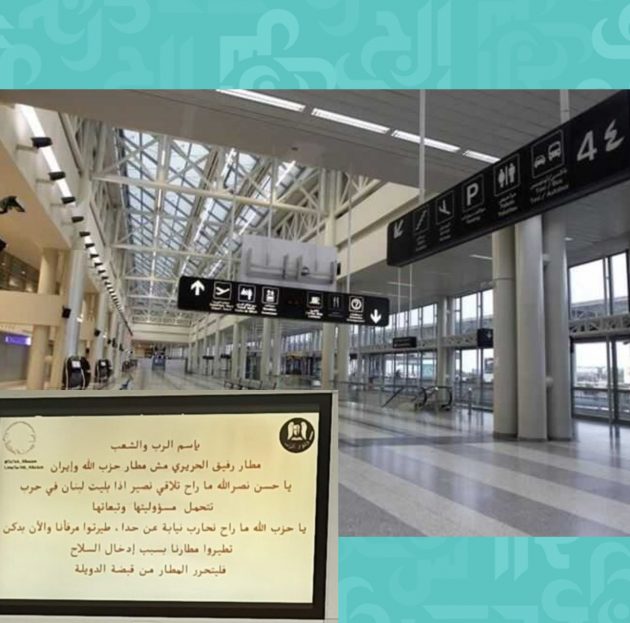The recent hack at Beirut Airport, where the flight information screens were tampered with, is like a scene from a spy movie, but it happened in real life. It shows that even places as important as airports can be vulnerable to online attacks. Let’s simplify what went wrong using everyday comparisons and discuss how we can avoid such incidents.
Wi-Fi: The Front Door to Our Digital House:
Think of the airport’s Wi-Fi as your home’s front door. In the case of Beirut Airport, the breach could have started with something as simple as an insecure Wi-Fi network. This lapse in security can be likened to an open-door inviting hacker into the network, potentially allowing them access to crucial systems like the flight information displays.
Old Software: Like an Old, Rusty Lock:
It’s possible that outdated software could have played a role in this incident. Without regular updates, such systems are left vulnerable to known hacks. Using old software is like having a rusty, weak lock on your door. Hackers can easily pick it and get inside. This might have been how they got into the airport’s systems.
The Inside Mistake: Accidentally Leaving the Door Open:
The incident also raises questions about the role insiders might play, either inadvertently or maliciously. Sometimes, the issue comes from someone on the inside, like an airport employee, who might accidentally leave the digital door open for hackers.
Outsourcing: Like Trusting a Stranger with Your Keys:
Given the reliance on external vendors for digital services at airports, weak security protocols from these third parties could have been a contributing factor Airports usually hire other companies for tech work. If these companies aren’t careful, it’s like giving your house keys to someone you don’t fully trust.
Internet of Things (IoT): Many Doors in One House:
As in many modern airports, the interconnected nature of devices at Beirut Airport – including screens and sensors – might have been exploited. If these aren’t secure, it’s like having many small back doors that hackers can sneak through.
Weak Encryption: Like Sending Secret Messages on a Postcard:
Encryption is like a secret code. Without it, sending data is like writing your secrets on a postcard for everyone to read. This might have been overlooked at Beirut Airport.
Simple Passwords: The Welcome Mat for Hackers:
Weak passwords are always a significant risk, so easy passwords are a big no-no. It’s like leaving your key under the mat, where any hacker can find it easily.
In Conclusion:
The Beirut Airport hack is a real-life lesson in digital security. It tells us that protecting our online world is just as important as locking our front doors. This incident is a call to action for all, especially those managing our travel hubs, to upgrade their digital security – making sure our information and services are as safe as our homes.
Diaa Al Ahmadieh


